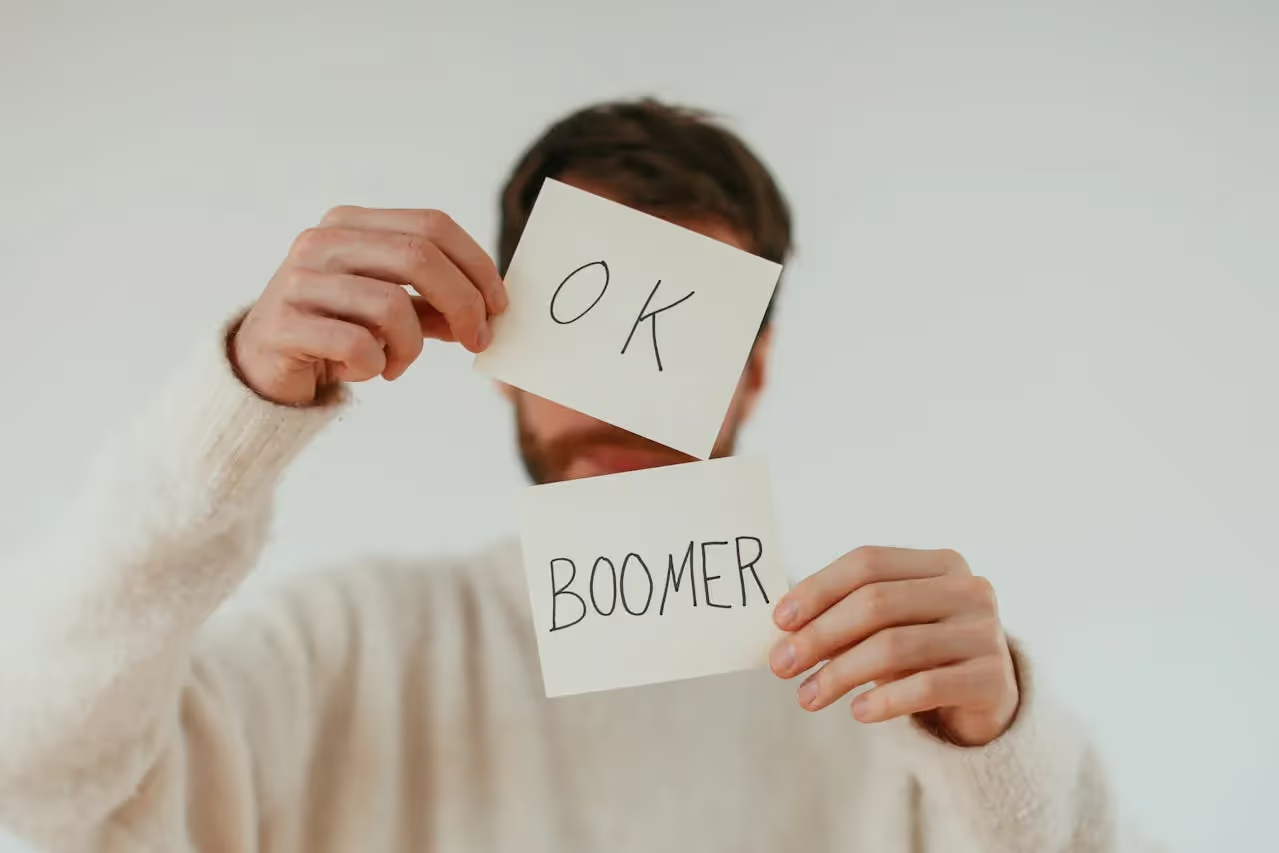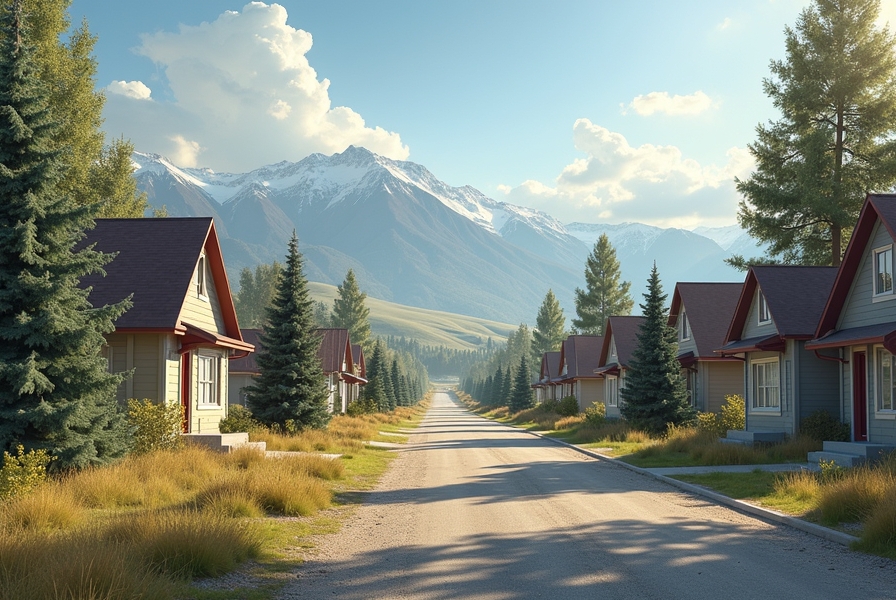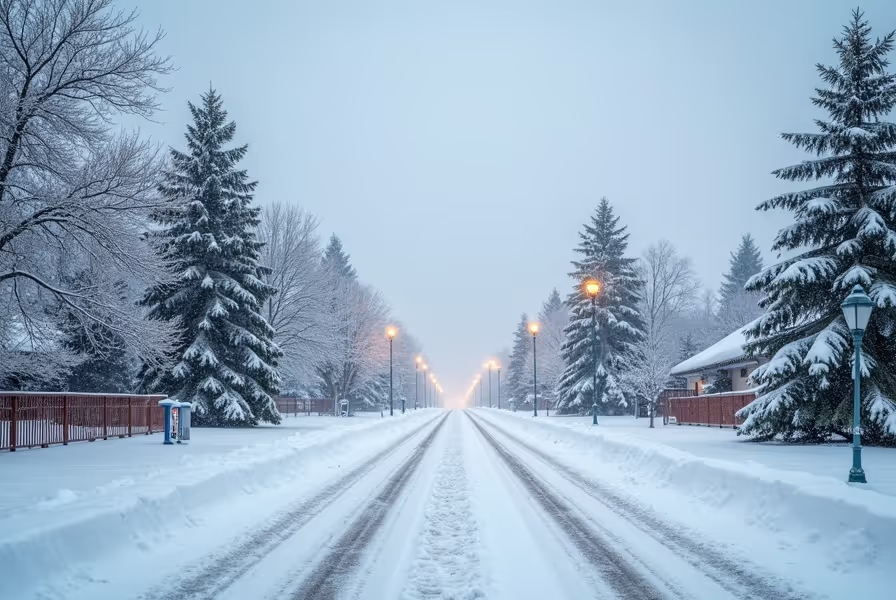Understanding Michigan Dialect: Your Guide to Local Slang and Sayings
Michigan locals have a unique way of speaking that reflects the state’s culture, history, and geography. Whether you're moving to Michigan, visiting the Great Lakes State, or just curious about regional speech, learning common Michigan slang words and phrases will help you connect with locals and understand conversations better.
The following list includes widely used slang in Michigan, along with explanations that will enhance your travel or living experience. From navigating roads to talking about weather, these regional expressions are part of daily life in Michigan.
Why Learn Michigan Slang?
Michigan slang is more than just informal speech—it tells stories of the region’s culture, environment, and communities. Here’s why learning it matters:
- Enhances Communication: Understand locals on a deeper level.
- Cultural Awareness: Appreciate unique traditions and local pride.
- prepares you for road signs and conversations: Common terms often appear when giving directions or discussing weather.
With this foundation, you’ll find it easier to navigate Michigan’s neighborhoods, build relationships, and understand local references.
Popular Michigan Slang Words You Should Know
Below is a list of regional slang and phrases you’ll often hear in Michigan. These expressions reflect friendly conversations, seasonal culture, and regional quirks.
- “The Mitten” – A nickname for Michigan, referring to the lower peninsula that looks like a mitten.
- “Yooper” – A person from the Upper Peninsula (U.P.) of Michigan.
- “Troll” – A playful term Yoopers use for people from the Lower Peninsula (because they live "below the bridge").
- “Up North” – This refers to vacationing or going to northern Michigan, typically for relaxation or outdoor activities.
- “Fudgie” – Used to describe tourists who visit Northern Michigan and buy fudge, especially in Mackinac Island.
- “Snowbird” – A Michigan resident who travels to warmer states during winter months, such as Florida or Arizona.
- “Ope” – A Midwest interjection often used when bumping into someone or making a mistake. Example: “Ope, sorry!”
- “Party Store” – A local term for a store that sells alcohol, snacks, and convenience items.
- “The Bridge” – Refers to the Mackinac Bridge, connecting Michigan’s upper and lower peninsulas.
- “The Lake” – Usually refers to Lake Michigan, even though the state touches four of the Great Lakes.
- “The Thumb” – A nickname for the eastern region of the lower peninsula that sticks out like a thumb on Michigan’s “mitten.”
Michigan Terms for Roads and Directions
Talking about traffic in Michigan comes with its own terminology. Understanding these phrases will help you follow directions and chat with residents about road conditions.
- “Michigan Left” – A unique road design where drivers make a right turn followed by a U-turn instead of turning left directly at intersections.
- “The Lodge” – Refers to the M-10 freeway in Detroit.
- “The Q-Line” – A streetcar that runs through downtown Detroit.
- “The D” – Slang for Detroit, commonly used by locals.
- “Big Beaver Road” – A well-known road in Troy, often referenced due to its name and association with I-75 exit 69.
Pay close attention to how people give directions. Streets, expressways, and city references often reflect regional speech patterns.
Winter Slang Terms Unique to Michigan
Michigan winters are long and intense. You'll hear slang related to snow and cold weather often. Here's what to expect:
- “Pothole Season” – Refers to late winter and early spring when roads become damaged due to freeze-thaw cycles.
- “Salt Truck” – A common sight during snowstorms, spreading salt to prevent road ice.
- “Lake Effect Snow” – Heavy snowfall that occurs when cold air moves over the Great Lakes.
- “Cabin Fever” – The restless feeling that comes from being indoors too long during Michigan’s cold months.
- “Snow Day” – A day when schools or offices close due to excessive snow, common across the state.
Common Questions About Michigan Slang
What does “Yooper” mean in Michigan slang?
“Yooper” is a local term for someone who lives in the Upper Peninsula of Michigan. It’s a source of regional pride, often representing a rugged, outdoorsy lifestyle.
Why do people in Michigan say “ope” so often?
“Ope” is a Midwestern interjection that signals a polite apology or acknowledgment. You’ll hear it when someone is trying to pass by or accidentally bumps into you. It’s a sign of Michigan friendliness.
What’s the story behind the term “party store”?
In Michigan, a “party store” is a corner shop or small market that sells alcohol, snacks, and lottery tickets. It’s a regional favorite term and common in everyday language.
How do Michiganders give directions differently?
Locals often use landmarks and highway names instead of exact addresses. You may also hear references to local roads by name rather than road numbers, such as “take the Lodge” instead of “M-10.”
Is “Up North” an actual place in Michigan?
“Up North” isn't a defined location. It generally means any area in Northern Michigan. It's associated with nature, summer trips, cabins, and scenic beauty.
How to Blend In Using Michigan Expressions
If you're new to Michigan or planning a visit, try using a few of these phrases to connect with locals:
- Refer to Michigan as “the Mitten.”
- Use “Up North” when talking about vacation plans.
- Call your convenience store a “party store.”
- Say “Ope” in casual conversation.
Learning the local language builds rapport with residents and adds depth to your experience in Michigan towns and cities.
Final Thoughts on Michigan Spoken Language and Regional Expressions
Michigan slang offers a window into the daily lives of its people. These expressions are rooted in tradition, weather, and geography. Whether you're discussing the U.P., braving the snow, or organizing a trip “Up North,” regional slang helps you communicate more authentically.
Keep this guide handy as you explore Michigan, and you’ll not only understand conversations more easily—you’ll also feel more at home in the Great Lakes State.










.svg)



